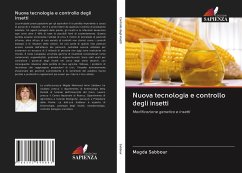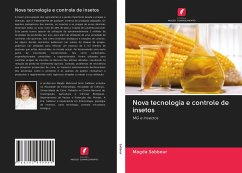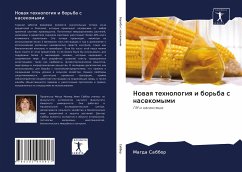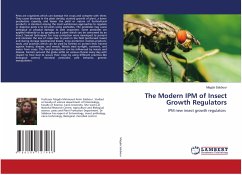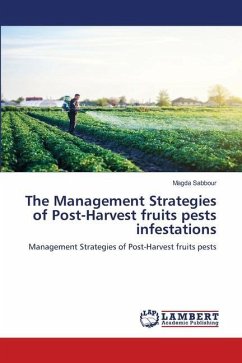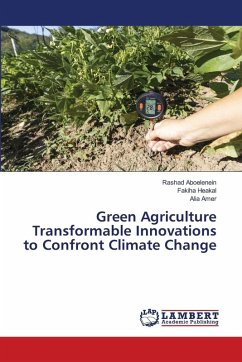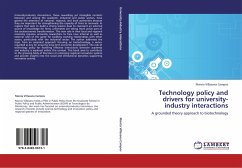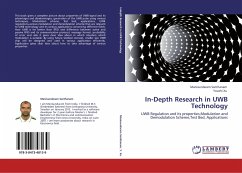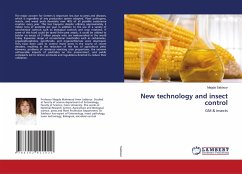
New technology and insect control
GM & insects
Versandkostenfrei!
Versandfertig in 6-10 Tagen
41,99 €
inkl. MwSt.

PAYBACK Punkte
21 °P sammeln!
The major concern for farmers is important loss due to pests and diseases, which is regardless of any production system adopted. Plant pathogens, insects, and weed pests devastate over 40% of all possible sustenance creation every year. This loss happens despite utilizing approximately 3 million tons of pesticide per year in addition to the use of a variety of nonchemical controls such as biological controls and crop rotations. If some of this food could be saved from pest attack, it could be utilized to bolster an excess of 3 billion people who are malnourished in the world today. Expansive r...
The major concern for farmers is important loss due to pests and diseases, which is regardless of any production system adopted. Plant pathogens, insects, and weed pests devastate over 40% of all possible sustenance creation every year. This loss happens despite utilizing approximately 3 million tons of pesticide per year in addition to the use of a variety of nonchemical controls such as biological controls and crop rotations. If some of this food could be saved from pest attack, it could be utilized to bolster an excess of 3 billion people who are malnourished in the world today. Expansive range of conventional insecticides such as carbamates, organophosphates, pyrethroids, and organochlorines were developed. They have been used to control insect pests in the course of recent decades, resulting in the reduction of the loss of agricultural yield. However, problems of resistance reaching crisis proportions, the extreme unfavorable impacts of pesticides on the environment, and public complaints led to stricter protocols and regulations directed to reduce their utilization.




